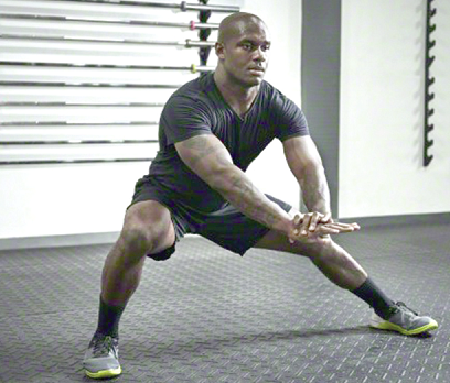
Causes of hypoglycaemia in diabetics
Hypoglycaemia, also known as low blood sugar, is when blood sugar decreases to below normal levels. This may result in a variety of symptoms including clumsiness, trouble talking, confusion, loss of consciousness, seizures, or death.
Advertisement
A feeling of hunger, sweating, shakiness and weakness may also be present. Symptoms typically come on quickly. Symptoms also vary from person to person. It is also not every diabetic that will experience hypoglycaemia.
Let us learn about some of the causes of hypoglycaemia so we can prevent it from happening.
Taking medications without meals
The objective of administering diabetes drugs is to help lower blood glucose levels in patients. The drugs go a long way to help the body control the glucose that gets into the blood after a meal. These drugs therefore aid the body to do what its natural insulin can no longer do well.
Taking drugs without meals only causes the reduction of the already existing glucose in the blood which may lead to hypoglycaemia, popularly known as “hypo”. It is important to combine your drugs and meals well.
Following your pharmacist’s instructions on how to take your drugs with regards to meals is a must. It can also be dangerous to take medications and expect to get food within the expected time period. The best thing is to get the food ready before swallowing those pills.
Fasting
When fasting, either for religious reasons or otherwise, the body goes into a very low energy state. This can reduce the energy level needed for the body cells to function well.
The brain, with such low energy level has no option than to shut down. The outcome of this situation is a condition of coma. If assistance to gain medical attention is not gotten immediately when this happens, you can die. It is therefore not advisable for the diabetic patient to engage in fasting activities.
Delaying meals will cause the same effect so eat within recommended time periods. Having your meals three times a day will also ensure that you remain well energized throughout the day.
Taking alcohol
Alcohol intake causes a false state of high energy in the body which leads to hypo in the diabetic patient shortly afterwards. When taken on an empty stomach, the alcohol will prevent the liver from releasing stored glucose into the blood stream. The end result of this is “hypo”.
Taking alcohol with meals is a way to prevent alcohol related hypo. But it is far better to manage diabetes without drinking alcohol.
Too much exercise
Exercise for the diabetes patient can serve as both a very good and bad companion depending on how it is done. When you exercise regularly, you will see a lot of improvement in your blood sugar levels. Doing too much exercise will push your body into using so much energy and thus lead to hypo.
The diabetic patient should ideally not exceed 30 minutes per session when exercising. What I would advise is that, you do the exercise on a daily basis. The benefits can then build up from day to day and therefore give you good health and vitality at all times.
Start slowly and make steady progression on intensity with time. Dress well so that you do not get wounded or bruised accidentally during your exercise. Wear thick socks and comfortable boots when going for that walk.
Too much medications
Diabetic drugs have to be taken strictly as per doctors’ directions. Do not decide to increase your doses because of a rise in your sugar level. Such incidents should be reported to the hospital for appropriate remedial action.
Arbitrarily increasing your drug quantities can cause low blood sugar levels..




